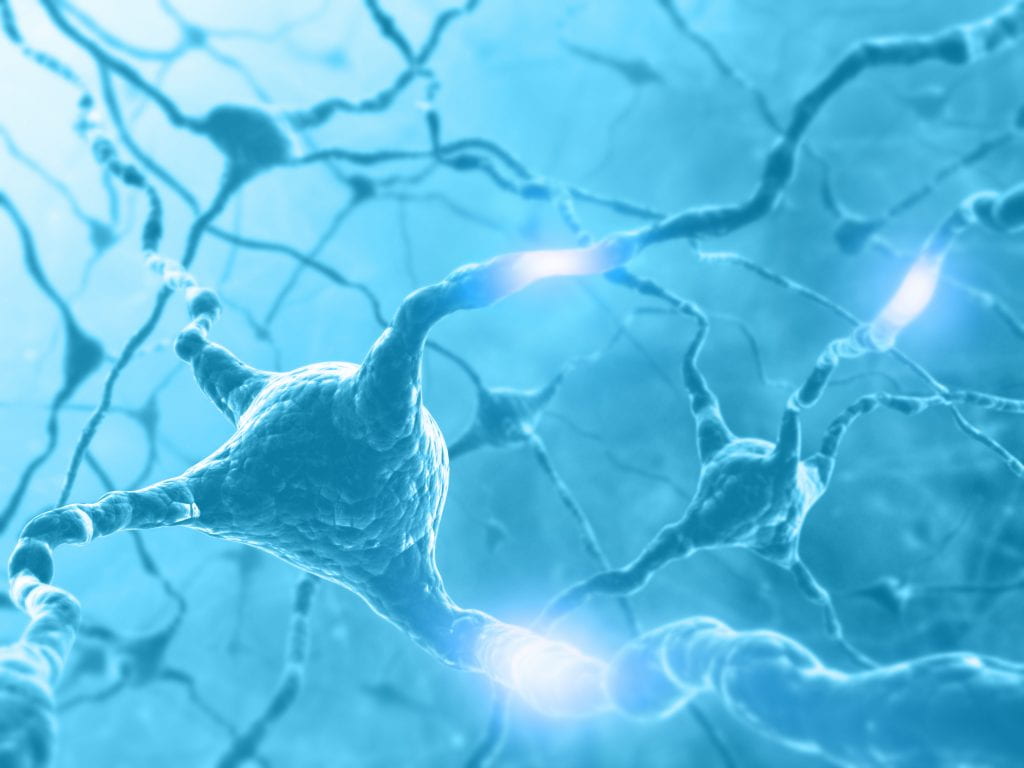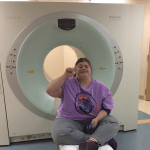
The Ances Bioimaging lab is committed to understanding changes in network connections underlying healthy aging and neurodegeneration in order to develop novel therapies for neurodegenerative diseases.
Neurodegenerative diseases (e.g. Alzheimer disease (AD), Down Syndrome, HIV associated neurocognitive disorders (HAND),Cruetzfeld-Jacob Disease (CJD), autoimmune- mediated encephalitis, neuroCOVID19) are a significant burden to the individual, family, and society worldwide. A greater understanding of early biological changes in neurodegenerative/neuroinflammatory disorders is key for clinical solutions that improve our community and world. Biomarkers, especially neuroimaging, can non-invasively provide us early clues regarding changes in the brain. The Ances Bioimaging lab is committed to developing cutting edge biomarkers (especially novel neuroimaging and biofluid) hat will provide personalized treatment for individuals with these disorders.
The Ances Bioimaging lab utilizes state-of-the-art neuroimaging techniques [including resting state functional connectivity (rs-fc), arterial spin labeling (ASL), diffusion tensor imaging (DTI), volumetrics], psychometric performance testing, blood and cerebrospinal fluid measures, stool measures to develop novel biomarkers for neurodegenerative disorder. The Ances Bioimaging lab focuses on:
Persons living with HIV (PLWH) are now living longer due to recent advances in combination active antiretroviral therapy (cART). Worldwide HAND is the leading cause of dementia. More than half of all PLWH in the United States are greater than 50 years old. Changes in the brain persist despite virological control with cART. The Ances Bioimaging lab is developing non-invasive neuroimaging and psychometric performance biomarkers to assess changes in the brain due to HIV and aging. The lab is conducting novel edge clinical trials (e.g. exercise) to evaluate potential adjunctive therapies for HAND.
More than 5 million Americans live with LOAD and it is the 6th leading cause of death and there are still no effective treatments. Recent criteria have been developed to identify early changes in the brain before an individual develops symptomatic LOAD. This preclinical stage of LOAD is a major focus of the Ances Bioimaging lab. The lab utilizes multiple biomarkers (including neuroimaging, neuropsychological testing, biofluids, functional assessments, gut changes) to stage individuals and identify the earliest changes in the brain. These biomarkers will allow us to evaluate potential therapies.

Many but not all people with DS develop AD as they get older. People with DS are born with an extra copy of chromosome 21, which carries a gene that produces the amyloid precursor protein (APP). Too much APP leads to the development of beta-amyloid plaques in the brain. The presence of beta amyloid plaques is a hallmark of AD. The Ances Bioimaging lab utilizes multiple biomarkers to stage DS individuals and identify the earlies changes in the brain. These biomarkers will allow us to evaluate potential therapies for AD due to DS.
CJD is a rare, neurodegenerative disorder that is rapid and fatal. It affects about one person in every one million per year CJD usually appears in later life and runs a rapid course. Typical onset of symptoms occurs at about age 60, and about 70 percent of individuals die within one year. Early in the course of the disease, an individual may develop memory issues, behavioral changes, lack of coordination, jerking movement, and visual disturbances. As the illness progresses, mental deterioration becomes pronounced and involuntary movements, blindness, weakness of extremities, and coma can occur. CJD belongs to a family of diseases known as prion diseases-derived from “protein” and “infectious” causes. Understanding the effects of CJD may allow us to understand other prionopathies—including AD. The Ances Bioimaging lab is developing non-invasive neuroimaging biomarkers to identify brain changes due to CJD
AIME describes a group of disorders characterized by symptoms of limbic and extra-limbic dysfunction occurring in association with antibodies against synaptic antigens and proteins localized on the neuronal cell surface. The Ances Bioimaging lab focuses on developing non- invasive neuroimaging biomarkers to identify neurodegenerative changes in the brain due to AIME.
COVID19 can lead to both acute and long term sequelae. The Ances Bioimaging lab focuses on developing non- invasive neuroimaging biomarkers and biofluid markers to identify neurodegenerative and neuroinflammatory changes in the brain due to neuroCOVID19.